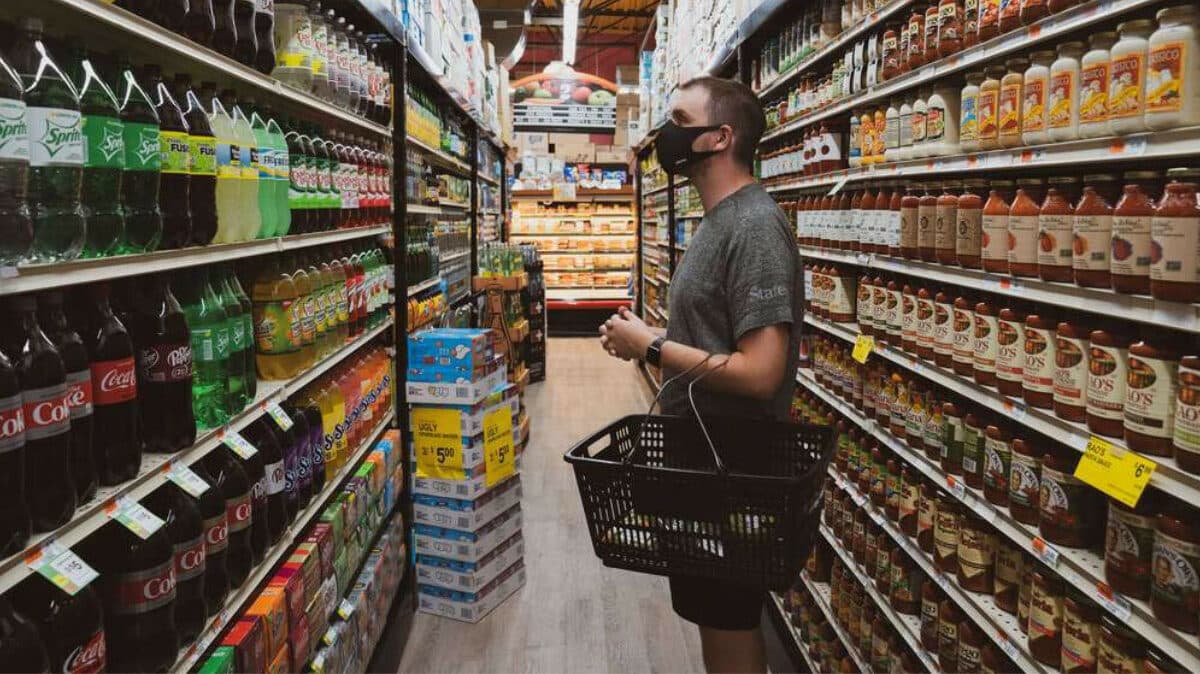In December 2023, Australian retail sales experienced a 2.7% decline, as reported by the Australian Bureau of Statistics (ABS) on a seasonally adjusted basis.
This comes after a revised increase of 1.6% in November 2023 and a decrease of 0.2% in October 2023. The larger-than-usual revisions to seasonally adjusted data for this month signify enhancements in data accuracy, capturing a clearer understanding of the evolving seasonal patterns.
Anneke Thompson, Chief Economist, CreditorWatch said: “Today’s retail trade figures confirm that Australian consumers pulled forward much of their Christmas spending to November’s Black Friday sales. Very tight household budgets and low levels of available discretionary spending means consumers were searching for savings when buying their Christmas presents and other household goods. Overall retail trade fell 2.7 per cent on a seasonally adjusted monthly basis, more than offsetting the revised 1.6 per cent increase recorded over the month of November.
“Not surprisingly, the biggest falls in expenditure were recorded in the discretionary spend categories, with household goods, department store and clothing, footwear and personal accessory retailing falling by 8.5, 8.1 and 5.7 per cent respectively over the month.
“Of further concern is the continuing fall in expenditure at cafes, restaurants and takeaway food services. Expenditure in this area is up only 1.6 per cent year on year, despite very strong population and pricing growth. Over the year to November 2023, prices for food & non-alcoholic beverages, alcohol, electricity & gas have risen by 4.6, 4.2, 10.7 and 12.9 per cent respectively. Given these are all large cost inputs for cafes and restaurants, a 1.6 per cent increase in turnover overall means that overall profits in this sector are likely well down for many operators. The food and beverage sector, unfortunately, is likely to experience higher rates of business failures over 2024. The business failure rate in this sector is already the highest across all sectors, at 6.7 per cent as at November 2023.”
Ben Dorber, ABS head of retail statistics, said: “The large fall in retail turnover in December was caused by a fall in discretionary spending. Consumers brought forward some of their usual December spending to November to take advantage of Black Friday sales.
“This shift in spending from December to November reflects the growing popularity of Black Friday sales and the impact of cost-of-living pressures, with consumers seeking out bargains and taking advantage of discounts in November.
“While there was a large seasonally adjusted fall in December, retail turnover rose 0.1 per cent in trend terms. This shows that underlying retail spending remains subdued when we look through the volatile movements over recent months in the lead up to Christmas.”
Turnover fell in all the non-food industries that had been boosted by Black Friday sales in November. Household goods retailing (-8.5 per cent) had the largest fall, following the largest rise last month. The next biggest drops were in department stores (-8.1 per cent), clothing footwear and personal accessory retailing (-5.7 per cent), and other retailing (-1.1 per cent).
“Retailers told us that trading conditions were slow in early December following the success of Black Friday before picking up again in the lead up to Christmas and Boxing Day sales where discounting activity returned,” Mr Dorber said.
For food-related industries, turnover fell in cafes, restaurants and takeaway food services (-1.1 per cent), while food retailing (0.1 per cent) was the only industry to rise.
Retail turnover fell across the country with large falls in all states and territories, the majority down by more than 2.0 per cent.
Additional information on the December reference period, including quarterly price and volume data, will be released on 6 February 2024.
Keep up to date with our stories on LinkedIn, Twitter, Facebook and Instagram.

